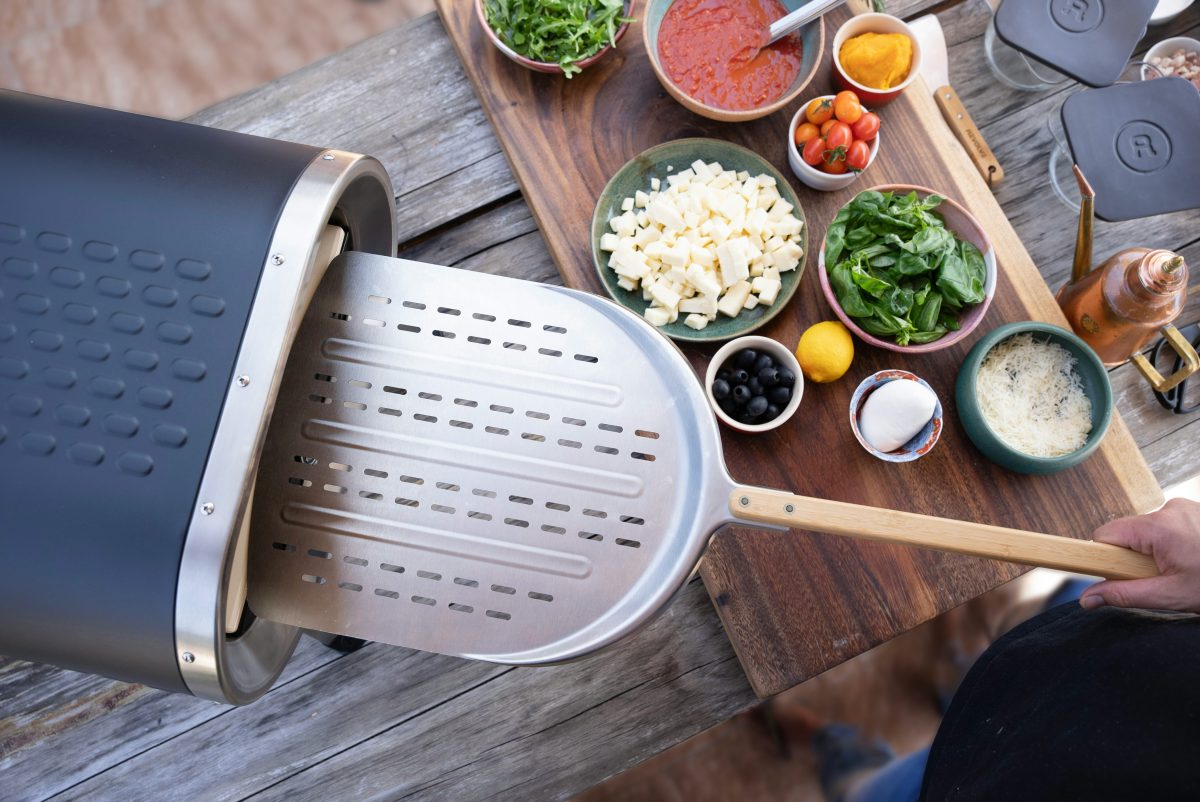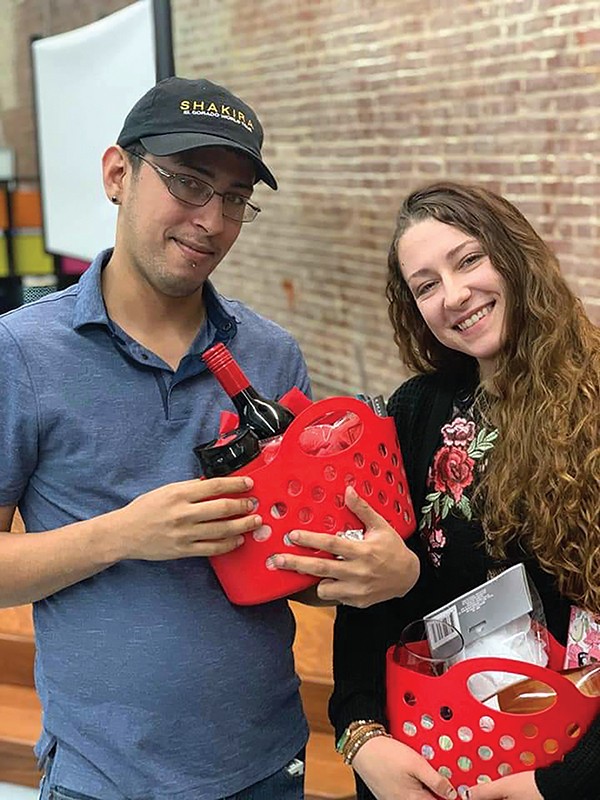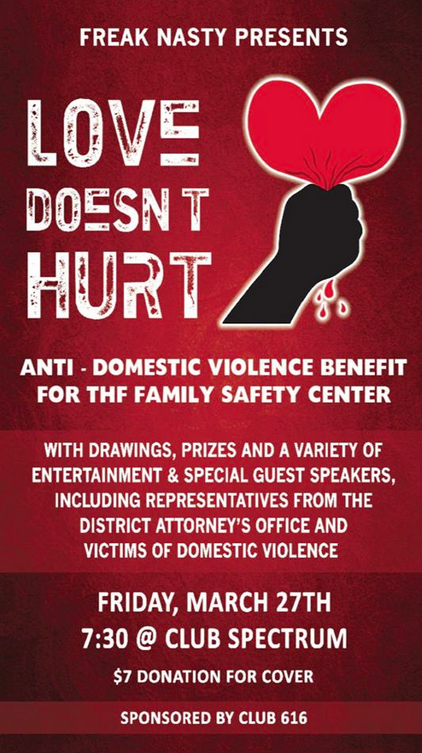Love Doesn’t Hurt, a Memphis-based nonprofit dedicated to supporting LGBTQ+ victims of domestic and sexual violence, believes that education and empowerment are powerful tools in aiding those experiencing abuse.
Phillis Lewis, CEO and founder of the organization, said knowledge is power, and it creates a ripple effect. She said skills are something that no-one can take away from you, which can be comforting for those experiencing domestic violence and who are looking for ways to navigate their situation, even if they aren’t immediately ready to leave.
In hopes of equipping those in need with inalienable skills, Love Doesn’t Hurt has teamed up with The Haven, The Works, and the South Memphis Farmers Market to offer a cooking and financial planning class for people who may never have budgeted or cooked nutritious meals.
“Clients that are coming to us for housing or food — a lot of them either have not been the primary person preparing the food or meals in their household, or had never done any grocery shopping by themselves,” Lewis said. “That then puts them in a vulnerable position that if you don’t know how much this food costs, you don’t know how to budget. If you don’t know how to prepare nutritious foods for yourselves, not only are you [in a position] where you’re going to be impacted financially, but also holistically, body-wise, too.
Cooking 101 is a class scheduled for November 16 for attendees to gain financial empowerment while also learning to cook budget-friendly meals. The event will be held at the South Memphis Farmers Market located at 1400 Mississippi Boulevard from 10 am to noon.
The hands-on workshop seeks to reduce the risk of financial abuse through a multi-pronged approach. Not only will participants be able to eat a nutritious and cost-effective meal, but they will also receive a $20 voucher with which they will be able to purchase items at the event to take home.
“Those are things you will always have to use, and the knowledge to know how to keep yourself safe,” Lewis said. “For us, that’s the most important thing: how to keep yourself safe.”
Lewis said financial abuse can show up in many different ways, such as a partner requiring the other to turn over all of their income and rationing it as an allowance. She also said victims could be monitored by having to turn in receipts, and can even be harassed at their place of employment if they are trying to seek financial independence.
“[This] happens a lot — more than people know,” Lewis said. “If you have a partner that’s controlling, aggressive, and toxic, they can call your job until they fire you.”
These behaviors can contribute to a negative narrative shift, which Lewis explains has changed the way that victims of domestic violence can be viewed. She said that it was typical that the abuser would experience shame, but situations like these have pivoted from placing shame on the aggressor to the victim or survivor. As a result, the victim can be seen as a “liability” to their place of employment and can face termination. Lewis said abusers are aware of this, and use this as a way to maintain control so they can be the sole financial provider — thus discouraging independence.
Lewis hopes those attending the event will leave with skills and knowledge they will always have to “keep themselves safe,” which she said is the most important thing. They will also understand they’re not alone in their situation.
“Being a victim of domestic violence is very isolating,” Lewis said. “Statistically it takes survivors seven times to leave before they actually leave.”
This often leads to severed relationships and connections, which can leave the victim discouraged and feeling as if they don’t have a support system when they decide to leave.
The class and the partnerships offered are an extension of Love Doesn’t Hurt’s mission: not to tell victims and survivors what they need, but to listen to their stories and examine their barriers to help them.
Those interested in the class may register at this link.


 Love Doesn’t Hurt
Love Doesn’t Hurt 